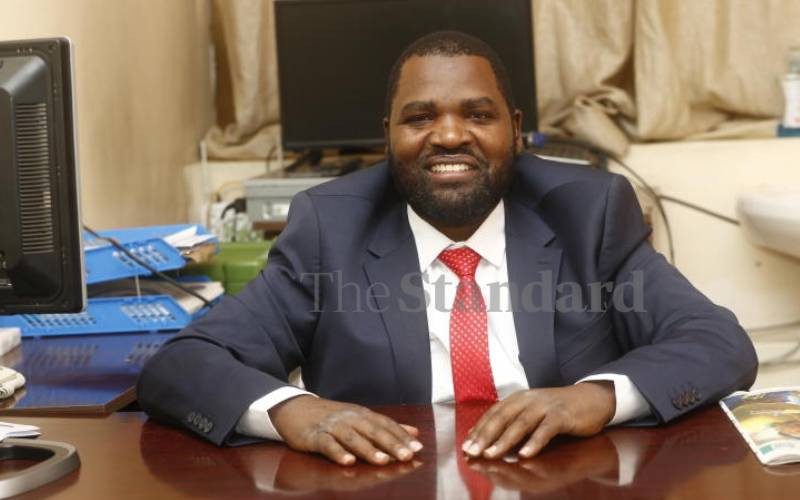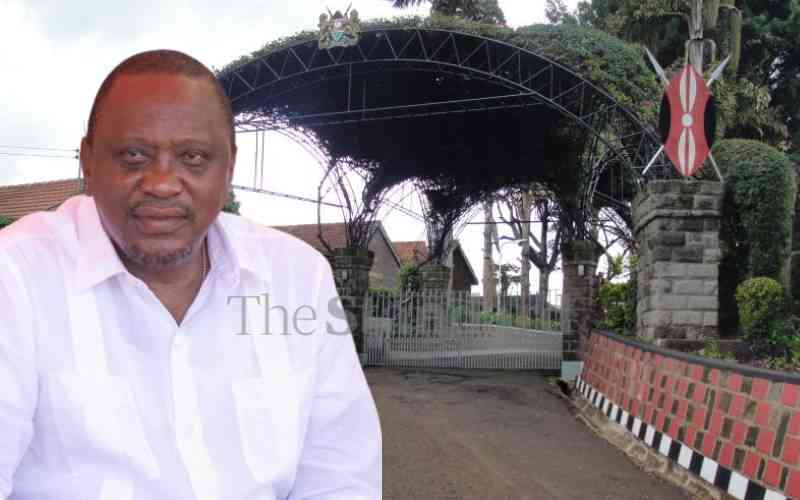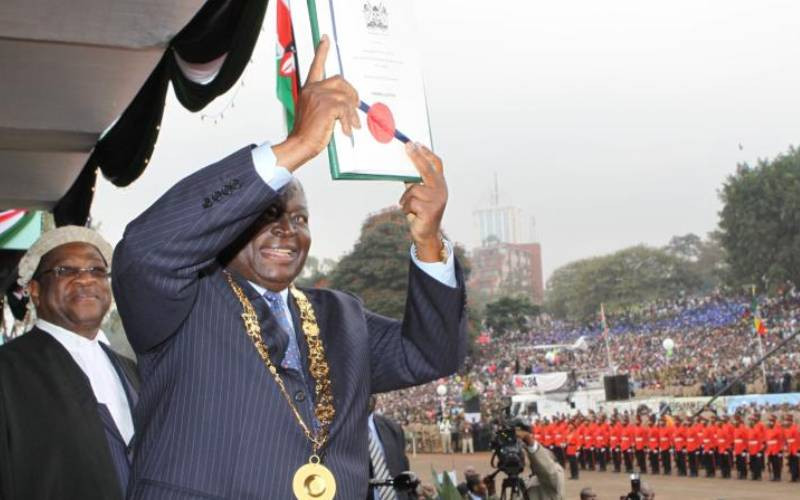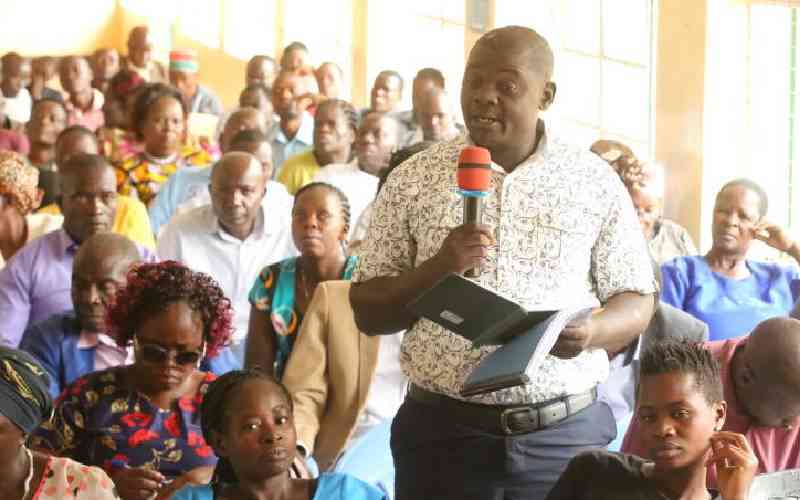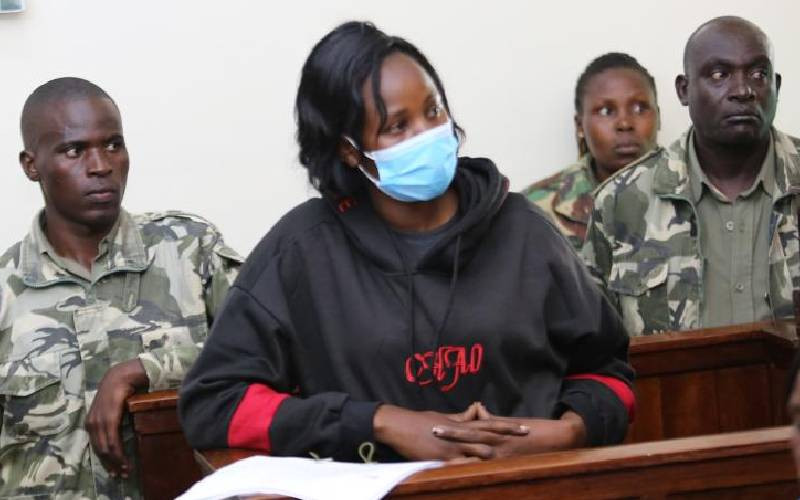Swahili experts celebrated after the 2010 Constitution was passed. They supported the document because it recognised Swahili as both the official and national language.
They organised conferences and symposiums wherever they found space and time, tailoring their themes around Swahili and the Constitution. That might have helped some to publish academic papers, get promotions and recognition in the academia, but it did not raise the status of the language.
A majority thought that Swahili would find its footing in different departments of the Government. Yes, that is what the Constitution says, but then has anything changed since that time in terms of implementing that Article?
It is clear to many that there is nothing official about Swahili. The fact that Swahili appears first in the Constitution before English does not imply that it supersedes the latter in usage and importance. But then who is to blame for this?
The Committee of Experts (COE) that gathered views from the public made the first grave mistake, then Parliament kept quiet. Among the experts were highly educated people who could have interrogated the article and “give Swahili some teeth”. It was a bus of legal brains amongst them Nzamba Kitonga, former MP Njoki Ndung’u, human rights activist Atsango Chesoni, Otiende Amolo and Bobby Mukangi.
They did not give any proposal on how to implement the Article through an Act of Parliament. They left it for the common mwananchi to interpret. We can forgive them.
Maybe it was an oversight and lack of appetite for Swahili as most of them are wonderful orators of the Queen’s English.
However, Parliament had a chance of redeeming the status of the language, but it also slept on the job. It started with the parliamentary select committee headed by Abdikadir Mohamed and Ababu Namwamba who were the chair and vice respectively. It was a group of tough-talking lawmakers including Mutula Kilonzo, Martha Karua, Moses Wetang’ula and James Orengo, who in spite of their charisma, delved into other issues and completely forgot to recognise Swahili.
Okay, those were less than 30 people who were supposed to review the draft and give their input so that the issues could be debated in the whole House of 210 MPs. The MPs did not concentrate on that chapter.
They were seemingly more concerned with issues of leadership, land and so on. And they were also debating in English. Very few Members of Parliament in the 10th Parliament bothered to speak Swahili although the standing orders permit. The two institutions killed Swahili knowingly or unknowingly. They gave English an impetus that will make it override Swahili anywhere, everywhere and forever.
Swahili diehards should ask themselves a few questions: If Swahili is an official language, why is Kenya signing many bilateral agreements with different blocks in English and not Swahili? Has someone seen a translation of landmark judgements from the Judiciary including the Presidential Petition in the 2013 General Election?
Yes, people were following the proceedings on TV, but then the legal jargon is only understandable to lawyers. It should be simplified in the language the people understand best, which is Kiswahili.
Why does the President read his speeches in English while addressing people who understand Swahili better than the foreign language?
Have ministries done anything in terms of publishing their visions and missions in Swahili? And how many people, including those in bed with Swahili, have seen the translated version of the 2010 Constitution?
Time is ripe for the proponents of Swahili to seek an advisory opinion from the Supreme Court about the strength of Swahili before it gets extinguished by English. They might be lucky because of two things: One, Njoki Nd’ungu is in the panel of the Supreme Court and she was also an MP at some point.
Stay informed. Subscribe to our newsletter
She might see they wronged and convince Willy Mutunga, the Chief Justice and company to tell Swahili lovers where they stand. Otiende Amollo, the Ombudsman might also want to be enjoined in the case as an interested party. He worked with Ms Njoki as a member of the COE and his current position allows him to make sure that justice is administered properly.
And who knows? Atsango Chesoni may swing in style and say the rights of Swahili speakers have been violated. She is a crucial defender of human rights, including those with good and bad oratory skills in Kiswahili.
However, Swahili lovers should thank Taita Taveta Woman Representative Joyce Lay for sponsoring a motion that demands all the laws of Kenya be translated to Kiswahili. We are waiting to see how the Kenya Law Reform will put that in practice as directed by Parliament.
 The Standard Group Plc is a
multi-media organization with investments in media platforms spanning newspaper
print operations, television, radio broadcasting, digital and online services. The
Standard Group is recognized as a leading multi-media house in Kenya with a key
influence in matters of national and international interest.
The Standard Group Plc is a
multi-media organization with investments in media platforms spanning newspaper
print operations, television, radio broadcasting, digital and online services. The
Standard Group is recognized as a leading multi-media house in Kenya with a key
influence in matters of national and international interest.
 The Standard Group Plc is a
multi-media organization with investments in media platforms spanning newspaper
print operations, television, radio broadcasting, digital and online services. The
Standard Group is recognized as a leading multi-media house in Kenya with a key
influence in matters of national and international interest.
The Standard Group Plc is a
multi-media organization with investments in media platforms spanning newspaper
print operations, television, radio broadcasting, digital and online services. The
Standard Group is recognized as a leading multi-media house in Kenya with a key
influence in matters of national and international interest.

